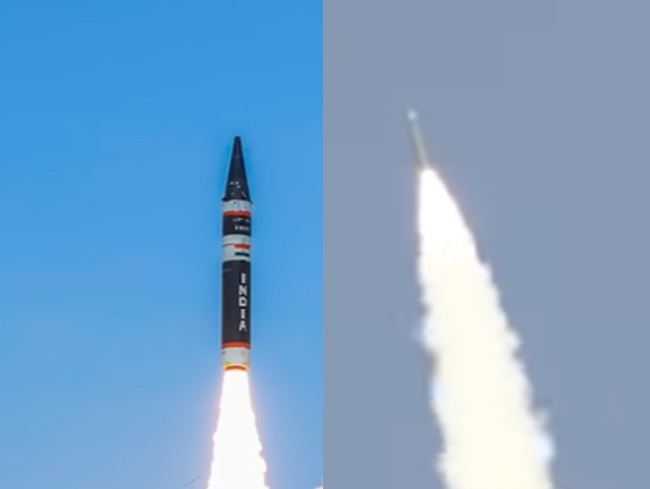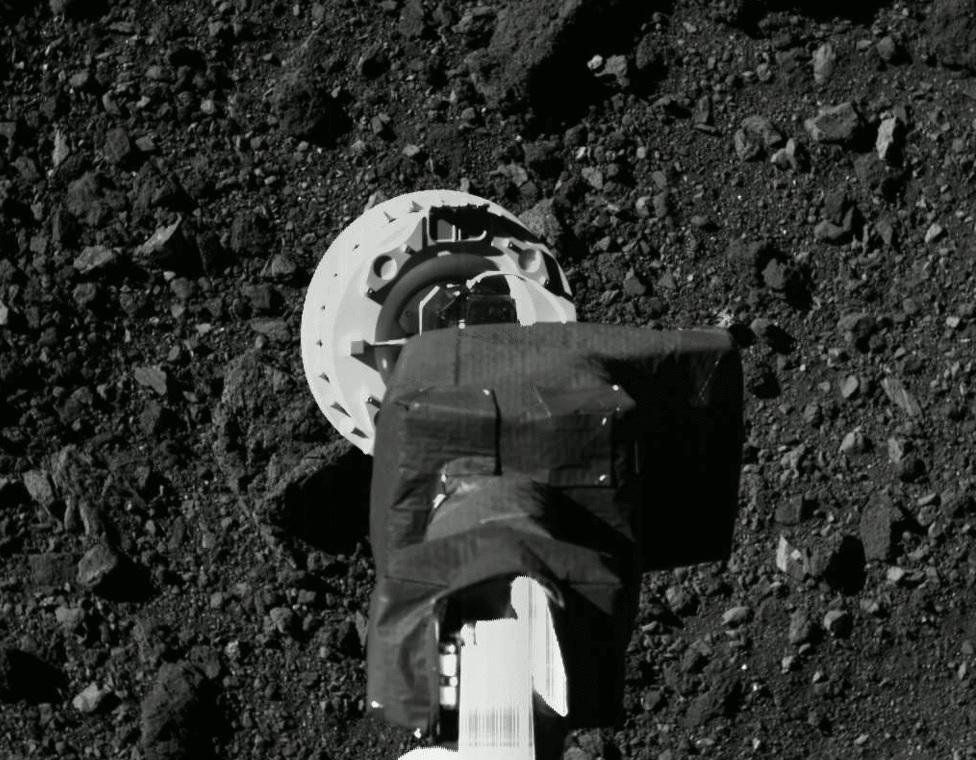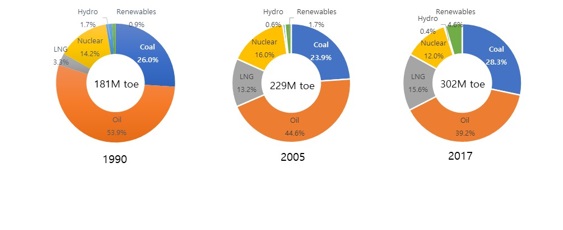Daily Report Archives
Established in December 1993, the Nautilus Institute’s *N*ortheast *A*sia *P*eace and *S*ecurity *N*etwork (NAPSNet) Daily Report served thousands of readers in more than forty countries, including policy makers, diplomats, aid organizations, scholars, donors, activists, students, and journalists.
The NAPSNet Daily Report aimed to serve a community of practitioners engaged in solving the complex security and sustainability issues in the region, especially those posed by the DPRK’s nuclear weapons program and the threat of nuclear war in the region. It was distributed by email rom 1993-1997, and went on-line in December 1997, which is when the archive on this site begins. The format at that time can be seen here.
However, for multiple reasons—the rise of instantaneous news services, the evolution of the North Korea and nuclear issues, the increasing demand for specialized and synthetic analysis of these and related issues, and the decline in donor support for NAPSNet—the Institute stopped producing the Daily Report news summary service as of December 17, 2010.

RAKESH SOOD SEPEMBER 26 2021 I. INTRODUCTION In this essay, Rakesh Sood reviews India-Pakistan nuclear dynamics during crises since 1980s and outlines steps that can be taken, unilaterally, bilaterally, and globally, to lengthen the nuclear fuse and to ensure that the nuclear threshold is not crossed. Rakesh Sood is a former Indian diplomat, columnist, writer […]
Go to the article

PETER HAYES SEPTEMBER 22, 2021 I. INTRODUCTION In this essay, Peter Hayes argues that Nuclear Command, Control, and Communications (NC3) in Asia-Pacific is a potent “force multiplier” that makes a given combination of nuclear warheads with delivery systems far more lethal than nuclear weapons considered alone. The importance of NC3 likely increased during the […]
Go to the article

ALLAN BEHM SEPTEMBER 18, 2021 I. INTRODUCTION Allan Behm states that: “Australia’s decision to join with the United States and the United Kingdom to build Australian long-range nuclear-powered submarines (SSNs) has little to do with the defence of Australia. The aim is to make possible an Australian contribution to US battle plans against China which […]
Go to the article

NAMRATA GOSWAMI AUGUST 20 2021 I. INTRODUCTION In this essay, Namrata Goswami shows “China, India, and Japan are major space faring nations with independent capacity to launch into space, with ambitions for space settlement and space resource utilization” and concludes: “The space future that we need to anticipate besides orbital presence and support for […]
Go to the article

JAMES GOODBY AND MARKKU HEISKANEN AUGUST 11 2021 I. INTRODUCTION In this essay James Goodby and Markku Heiskanen argue that: “It is clear that a multilateral mechanism that would promote dialogue among nations is now badly needed in Northeast Asia. Not that dialogue alone will remove the distrust that prevails in the region, but the […]
Go to the article

CHUNG WOO-JIN AND LEE TAE EUI MAY 23, 2021 I. INTRODUCTION In this Special Report, Chung Woo-jin and Lee Tae Eui, describe the recent history and current status of energy supply and demand in the Republic of Korea (ROK), provide an overview of ROK energy policies, describe ROK involvement in discussions regarding regional energy […]
Go to the article

NUCLEAR ESCALATION IN A TAIWAN STRAIT CRISIS? ROBERT AYSON MAY 19, 2021 I. INTRODUCTION In this essay, Robert Ayson notes that “Many of the ingredients are already in place for a Taiwan Strait crisis to precipitate a nuclear escalation between China and the United States.” He reviews background factors such as strategic factors and operational […]
Go to the article

OYUNCHIMEG CH, TUYA N, ZORIGT D, SUKHBAATAR TS, BAYARKHUU CH May 15 2021 I. INTRODUCTION In this Special Report, Oyunchimeg, Tuya, Zorigt, Sukhbaatar and Bayarkhuu provide an update on the current status and recent trends and challenges in Mongolia’s energy sector, including changes to the Mongolian energy sector and economy as a result of […]
Go to the article

DAVID VON HIPPEL AND PETER HAYES MAY 10 2021 I. INTRODUCTION In this Special Report, David von Hippel and Peter Hayes describe a consortium model to deliver humanitarian engagement project in the Democratic People’s Republic of Korea (DPRK) that focuses on energy efficiency and renewable energy technologies and supporting measures to fill the need […]
Go to the article

DAVID VON HIPPEL AND PETER HAYES APRIL 26 2021 I. INTRODUCTION This report “provide[s] policymakers and other interested parties with an overview of the evolution of demand for and supply of energy in the Democratic Peoples’ Republic of Korea (DPRK) over the last three decades,” updated to 2020. The report provides a variety of possible […]
Go to the article











